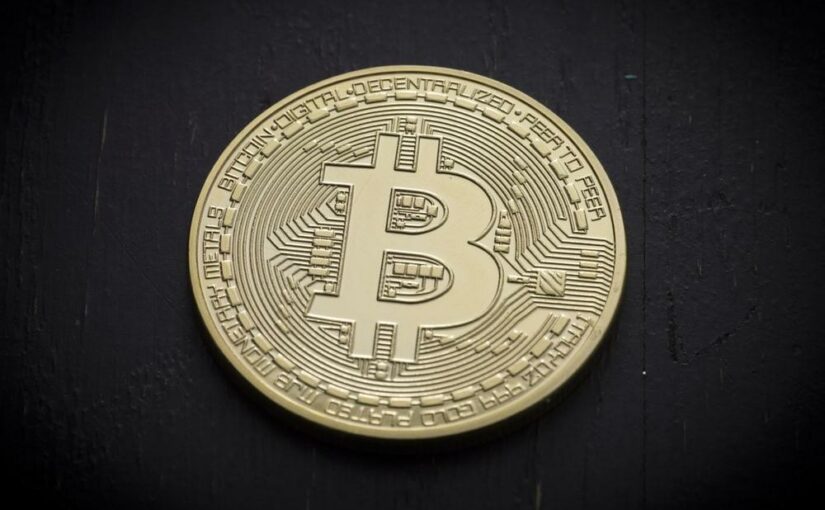Despite the fact that governments have been kept out of Bitcoin since its inception– they can still influence prices.
For many investors, Bitcoin and similar cryptocurrencies signify a highly speculative asset that can not only provide exceptional ROI, but also allow the opportunity for investors of any level to hone their skills at trading. Trading opportunities continue to grow, as DeFi continues to pave the way for institutional interest, while retail and new investor friendly exchanges like Bitvavo.com allow space for nascent parties
For any investor, with any level of expertise and with any amount of investment will need to keep a keen eye on market happenings, as the value of Bitcoin and other cryptocurrencies is known for wild swings in either direction, with one of the biggest influencers being that of governments. Despite the fact they have little control over how the coin is priced or distributed.
Crypto Steers Clear of Politics
Despite cryptocurrencies like Bitcoin being built in such a way that they defy political and regulatory manipulation, prices still tend to correlate with certain political moves. Bitcoin price is based on the economic principle of “artificial scarcity”, which means that the supply of Bitcoin is strictly regulated. There are 21 million Bitcoins in existence and more can never be made. The release of the coins is also regulated by the mining process– as transactions are validated, Bitcoins are released as a reward for adding transactions to the public ledger, the blockchain.
Because of this tight control of supply and release, it is impossible for political interference to directly affect the price of the asset. This was in-built into the original design of the coin by its creator, Satoshi Nakamoto. In the original whitepaper, Nakamoto alludes to the fact that centralized currencies are subject to nefarious manipulation by issuing agencies. Something that Nakamoto aimed to avoid by using cryptocurrencies as a more democratized option for financial engagement.
The decentralized nature of Bitcoin and other crypto currencies assures that no one hub of power would ever function as a gatekeeper for the networks. The decentralized network remains as such due to the validation method described above. Decentralization means that not only can there be no political influence on the coin, but that no one can interfere with the distribution or function of the coin. However, there are still many social and political occurrences that do influence the price of cryptocurrencies.
How Crypto Markets Still Correlate with Political Climate
Despite the fact that government agencies have no direct control over the functionality of bitcoin, certain political actions and climates can still severely affect its price. If given its head, governments can discourage investment through three main regulatory actions:
- Regulating price assets
When governments tightly regulate the price of other assets, such as fiat or bonds, through moving value amongst international markets, this can diminish the exchange value of cryptocurrencies. When other assets increase in value, it can dilute the price of associated markets.
- Overregulate and increase costs of affiliated business
By putting an increase of restrictions on crypto-associated business, or adding excessive licensure or accreditation requirements, the price of doing business can soar, making it a less lucrative opportunity for investors, which can dampen the resolve of startups and entrepreneurs.
- Imposing controls and affecting supply
By adding import restrictions or high rates of taxation can also dissuade users from engaging with a particular asset. That’s because it becomes cost prohibitive, particularly for retail investors, to invest.
Despite these classic legislative tactics on controlling the price of unregulated assets working well in other markets, bitcoin and cryptocurrencies are less likely to fall prey to these practices. Because of the decentralized nature of bitcoin mining and validating, it also becomes a borderless and extra-national asset. Which means that it would require a huge coordinated effort on behalf of multiple large governing agencies in order to make an impact on the thriving adoption of cryptocurrencies that is being seen.
Moreover, governments can also unwittingly improve prices and encourage enthusiasm for cryptocurrencies by engaging in other types of political action that can decrease trust in fiat currencies and other national securities.
- Engage in efforts that would result in hyperinflation
As seen in countries like Venezuela, governments that have engaged in legislation that results in uncontrolled hyperinflation, citizens have chosen to turn towards cryptocurrencies in order to protect existing assets against loss of value.
- Any fall in economic trust or value
As seen with the impact the novel coronavirus wrought on economies throughout the world, causing cash and coin shortages and propelling the globe closer to a cashless society left many with renewed skepticism about many national fiat systems, resulting in a greater adoption and acceptance of cryptos.
- Political instability
In many places, where political instability means that fewer people have access to stable financial processes, finding a better way to both move and protect personal wealth becomes even more important for many. In these areas, cryptocurrencies have presented a viable option for the un- and underbanked.

